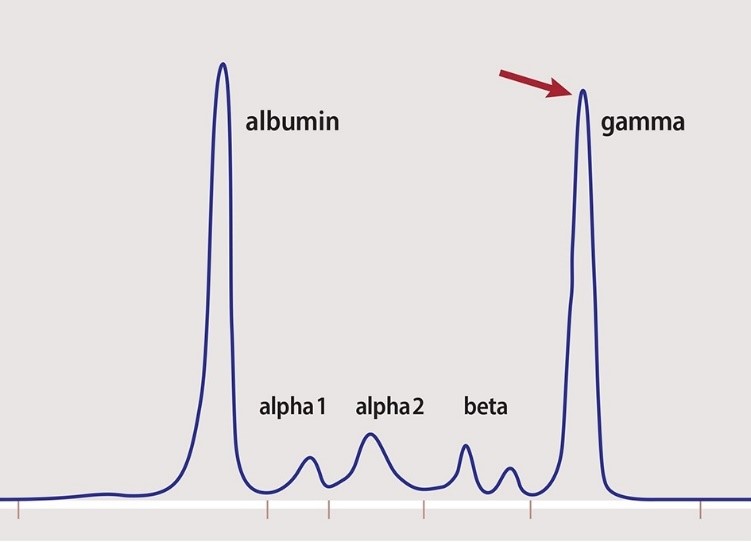
Obesity, like viral infections, induces persistent local and systemic inflammation and chronic IA, contributing to functional impairment of immune cells, and decreased immunity. Moreover, it has been postulated that during the current pandemic, the production of antibodies to SARS-CoV-2 is critical to limit disease progression, and neutralizing antibodies present in plasma from convalescent COVID-19 patients have been shown to induce fast recovery of critically ill patients. Previously published data have demonstrated strong neutralizing antibody responses generated against the Spike glycoprotein of the SARS-CoV of the 2002–2003 pandemic protected infected hosts from severe disease. B cells contribute to viral clearance by producing virus-specific antibodies that can neutralize the virus, thus preventing the spread of infectious virions, controlling virus dissemination, and reducing tissue damage.

Viral clearance and resolution of SARS-CoV-2 infection requires a complex immune response initiated by resident epithelial cells and innate immune cells, followed by adaptive immune cells that effectively cooperate to eliminate the virus. Inflammaging has been shown to induce chronic immune activation (IA) associated with impairment of immune cell function, as reviewed in. Recently published data have indicated that chronic low-grade systemic inflammation, inflammaging, is the major cause of the cellular and molecular changes induced by SARS-CoV-2 and is responsible for the highest mortality rates. Our knowledge of human immune responses to SARS-CoV-2 infection is limited, and the host factors responsible for disease progression and symptom severity are largely unknown. SARS-CoV-2 (Severe Acute Respiratory Syndrome Corona Virus-2), the cause of COVID-19 (Coronavirus Disease of 2019), has been efficiently spreading from human-to-human since the last months of 2019 and has been responsible for mild-to-severe respiratory tract infections. Inflammatory markers identified may subsequently be targeted to improve humoral immunity in individuals with obesity and in individuals with other chronic inflammatory conditions. These results altogether could help to identify an inflammatory signature with strong predictive value for immune dysfunction.

Antibodies in COVID-19 obese patients are also negatively associated with serum levels of pro-inflammatory and metabolic markers of inflammaging and pulmonary inflammation, such as SAA (serum amyloid A protein), CRP (C-reactive protein), and ferritin, but positively associated with NEFA (nonesterified fatty acids).

Results have confirmed our hypothesis and have shown that SARS-CoV-2 IgG antibodies are negatively associated with Body Mass Index (BMI) in COVID-19 obese patients, as expected based on the known influence of obesity on humoral immunity. Our hypothesis is that obesity is associated with reduced amounts of specific IgG antibodies. In this paper, we have evaluated the influence of obesity, a condition associated with chronic systemic inflammation, on the secretion of SARS-CoV-2-specific IgG antibodies in the blood of COVID-19 patients. SARS-CoV-2 (Severe Acute Respiratory Syndrome Corona Virus-2), cause of COVID-19 (Coronavirus Disease of 2019), represents a significant risk to people living with pre-existing conditions associated with exacerbated inflammatory responses and consequent dysfunctional immunity.


 0 kommentar(er)
0 kommentar(er)
